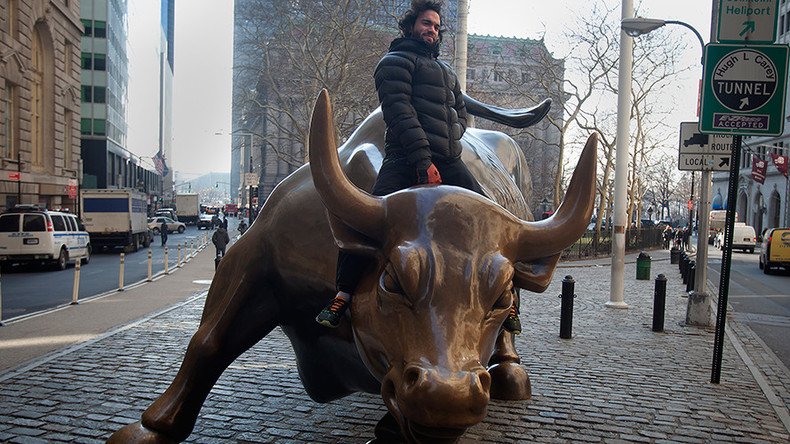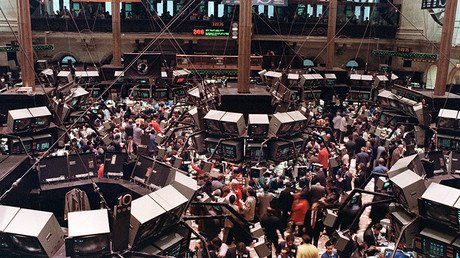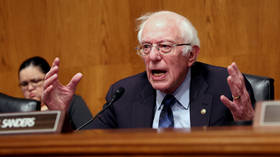Wall Street bankers expecting bigger bonuses in their stocking

For the first time in four years, Wall Street bonuses are due to be bigger than the year previous, according to consulting firm Johnson Associates. It said incentive pay is expected to rise by five to ten percent in 2017.
Bankers who advise companies on issuing stock or bonds could see an even bigger pay jump, by as much as 20 percent.Meanwhile, Wall Street traders who have been historically some of the banks’ biggest earners could see their bonuses drop by up to ten percent this year.
After the financial crisis, Wall Street firms have curbed their compensation budgets as new trading regulations cut profits.
Washington’s shift toward a softer tone on banks is a significant factor in their improving stock prices, which is, in turn, a big driver of bonuses, according to Alan Johnson, who runs Johnson Associates and helps banks design compensation programs.
“If you look at the share prices, even the hint of regulatory reform has had a powerful impact,” he said.
“The old wild west trading businesses have shrunk dramatically,” said Johnson, adding “that’s what the regulators wanted, and that’s what the markets wanted.”
The market has rallied strongly under US President Donald Trump, with the Dow Industrials up more than 30 percent since shortly before the election. The KBW Nasdaq Bank Index, which measures the largest US banks, has risen 34 percent since the election, compared with the benchmark S&P 500 index’s 24 percent gain over the same period.
Looser banking regulations, however, haven’t yet translated into better trading results due to low market volatility and tepid client activity. Banks, including Goldman Sachs and Morgan Stanley, have already shifted their focus from trading to businesses like private equity and wealth management.
'Significant Cuts': Wall Street bankers' bonuses expected to decline https://t.co/otyimkNSOypic.twitter.com/DUXfBZAdN6
— RT (@RT_com) August 11, 2016
A recent report from the New York State Comptroller Thomas DiNapoli showed the amount set aside by Wall Street employers for compensation in the first six months of 2017 was almost four percent higher than a year ago. The average bonus earned by traders, brokers and other industry employees last year is more than double the $59,039 income in 2016 for the median US household, according to the US Census Bureau.













